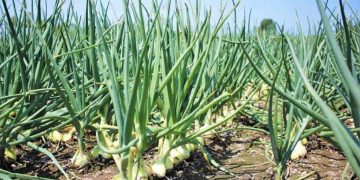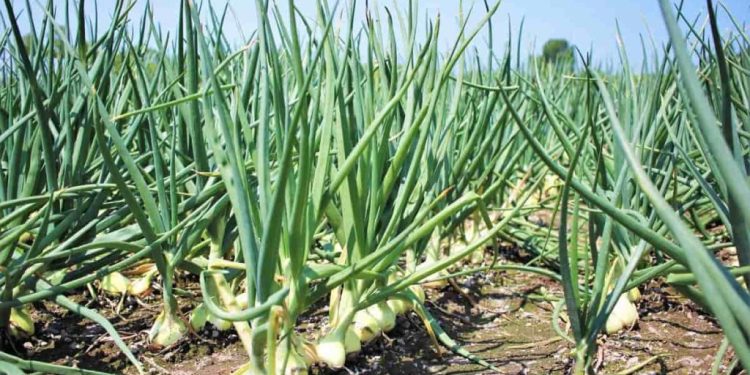Nitrogen is one of the most important nutrients required by plants for growth and development. Onions are no exception and require adequate nitrogen supply to produce high yields and quality bulbs. In this article, we will explore the role of nitrogen fertilization in onion production and how it affects onion growth, yield, and quality.
Nitrogen is essential for the growth and development of plants, and it is a vital component of proteins, chlorophyll, and nucleic acids. Onion plants require nitrogen in large quantities to produce high yields and quality bulbs. According to research, nitrogen is the most limiting nutrient for onion growth, and inadequate nitrogen supply leads to reduced yields and poor bulb quality.
To maximize onion yields and quality, farmers and agronomists need to apply nitrogen fertilizer at the right time and in the right amounts. Excessive nitrogen application can lead to soft and watery bulbs, while inadequate nitrogen application can lead to smaller bulbs and reduced yields.
Research has shown that splitting nitrogen applications into three or four smaller doses can improve onion yield and quality compared to a single large dose. This is because splitting nitrogen applications allows the onion plants to absorb nitrogen more efficiently and prevents the leaching of excess nitrogen into the soil.
In conclusion, nitrogen is a critical nutrient for onion growth, yield, and quality. Farmers and agronomists should apply nitrogen fertilizer at the right time and in the right amounts to maximize onion yields and quality. Splitting nitrogen applications into smaller doses can also improve onion yields and quality.
Tags: #onionproduction #nitrogenfertilization #plantnutrition #cropyield #bulbquality































